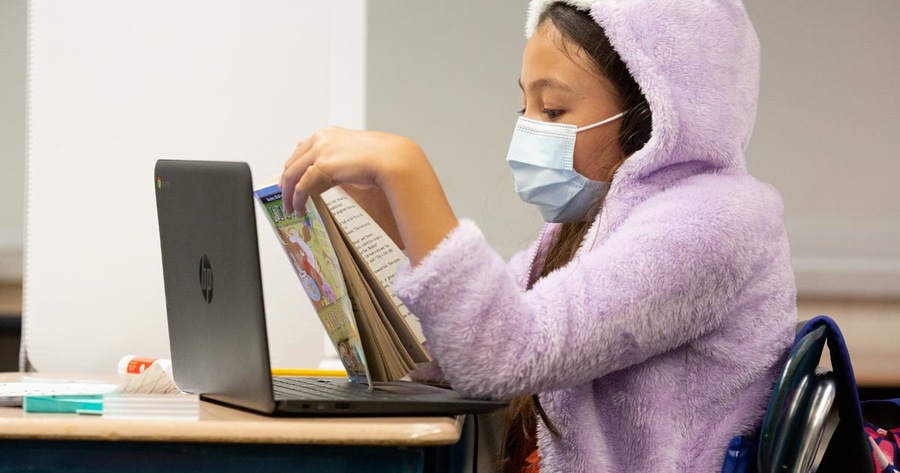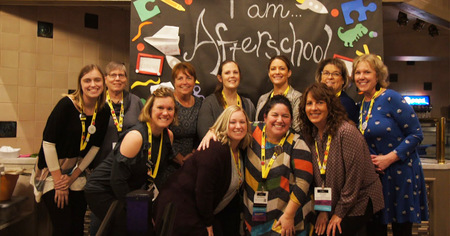Afterschool Matters is interested in manuscripts focused on creating, facilitating and inspiring literacy-rich environments in OST settings for a special Winter 2022 issue. Published by the National Institute on Out-of-School-Time (NIOST), Afterschool Matters is a peer-reviewed journal dedicated to promoting professionalism, scholarship and consciousness in afterschool education.
Literacy remains out of reach for many children and youth in the U.S., despite of the common belief that access to a free public education guarantees that every American can realize this fundamental right. OST programs historically have fostered literacy skills in the process of providing safe, wholesome activities for young people, particularly in underserved communities. Today, the place of OST in the ecosystem that attempts to address disparities in access to literacy education is well established.
OST programs have traditionally taken a wide-ranging approach to literacy education: building reading and writing skills in the context of a sports or maker program, starting with literacy in a child's home language, engaging families, and many other strategies that often are not available to public schools.
Afterschool Matters is seeking articles on the full range of efforts to engage young people in literacy. All articles should connect theory to practice and should be broadly applicable across the field. Articles must be relevant and accessible to both practitioners and academic researchers. The publication is also inviting personal essays and reflections for the Voices from the Field department, whose pieces are not peer-reviewed.
NIOST is inviting potential contributors to discuss possible topics with them in advance. A broad variety of topics will be considered, including the following:
- Research or best-practice syntheses on literacy development in OST.
- Innovative program approaches in literacy development.
- Blending literacy with program emphasis areas, such as sports, STEM, outdoor learning, civics and more.
- Addressing literacy in OST with special needs youth, immigrant and refugee youth or other vulnerable populations.
SUBMISSION GUIDELINES
- Submit your article no later than June 30, 2021, to ASMsubmission@wellesley.edu.
- Submit your article electronically in Microsoft Word or rich text format. Submission should not exceed 5,000 words. Use 12-point Times New Roman font, double-spaced, with one-inch margins on all sides. Leave the right-hand margin ragged (unjustified), and number pages starting with the first page of text (not the title page, which should be a separate document).
- Include a separate cover sheet with the manuscript title, authors' names and affiliations, and the lead author's phone number and e-mail address.
- The names of the authors should not appear in the text, as submissions are reviewed anonymously by peers.
- Follow the Publication Manual of the American Psychological Association, 7th edition (2019), for reference style guidelines. Present important information in the text and do not use extensive footnotes.
Learn more about submitting a manuscript for consideration at Afterschool Matters.
Courtesy of NAA.
Photo courtesy of Allison Shelley for EDUimages.




